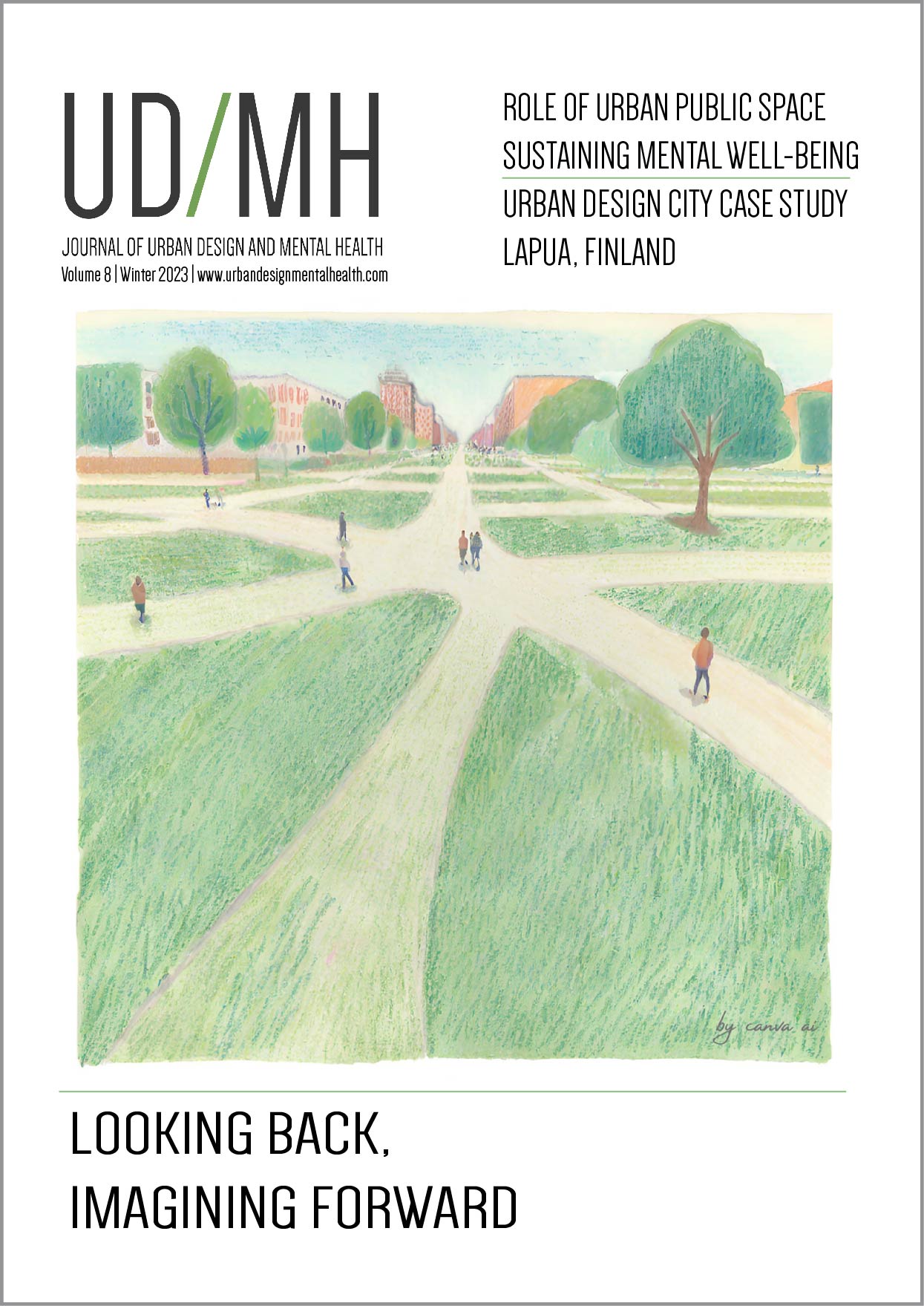A Case Study of Urban Design, Wellbeing and Mental Health in Lapua, Finland
Main Article Content
Abstract
According to the United Nations ' Sustainable development goals (SDGs) ranking list, Finland is one of the most sustainable countries. At first glance, Lapua: a town in the Southern Ostrobothnia region of western Finland, seems to be safe and sustainable, however, extensive interviews and observation revealed interesting points that demand a reflection and amendments of customary views. This study reviews existing literature and expands on experts’ and citizens’ opinions on mental health (MH) and well-being within Lapua’s urban design and planning. The reviewed literature examines the mental health status in Finland and the position of urban planning in Lapua, and its geographical significance. The semi-structured interview was conducted among 10 experts such as architects, psychiatrists, artists, etc. in Lapua. The qualitative data on their perception was obtained, transcribed, analyzed, and presented. The case study result suggests that some of the urban design factors that influence mental health are the availability of parks and green spaces, cultural heritage, housing, etc. Also, some opportunities identified for improving mental health-related urban planning and design in Lapua, include the concept of third space, age inclusivity in housing, integrating public art in urban design, etc.
Article Details

This work is licensed under a Creative Commons Attribution 4.0 International License.
Authors retain copyright and publishing rights without restrictions and grant the journal right of first publication under a Creative Commons Attribution (CC-BY) License.
